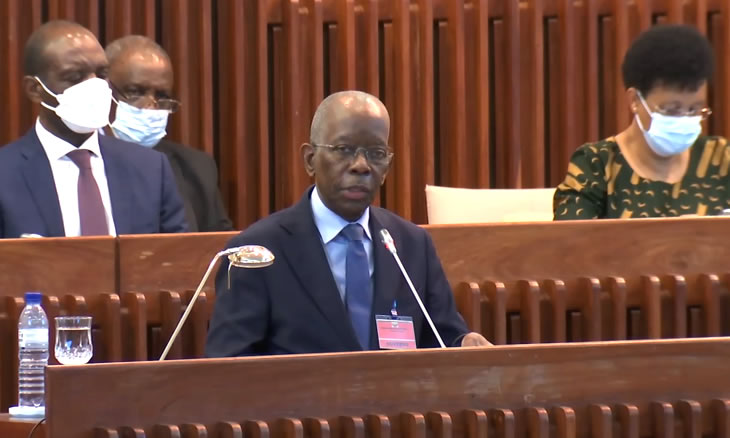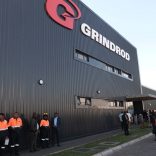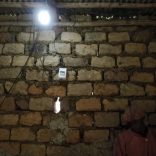Mozambique: Chapo discusses gas and agriculture with head of ENI - AIM report
Fuel price hike: Could be worse – Finance Minister | Mozambique

Photo: O País
- Minister of Economy and Finance says that the price of gasoline could be 75 meticais per litre, instead of 69. The increase was not higher because of the necessity “to do things gradually”, Adriano Maleiane said.
The Minister of Economy and Finance of Mozambique, Adriano Maleiane, said in parliament this Thursday (October 28) that the increase in the price of petroleum products last week was still below what the calculation rules foresee.
The price of gasoline “could be 75 [meticais per litre]” instead of 69, if the law was strictly applied, Adriano Maleiane said.
The increase wasn’t bigger because it was necessary “to do things gradually until we are back on the formula and operating as agreed” between the government and gas stations, Maleiane said.
The calculation rule takes into account the price of a barrel of crude and the exchange rate, providing for updates whenever there are variations of more than 3%.
However, there have been no adjustments for a year because of the damage caused by the pandemic to the economy: “We didn’t think we should increase any more” the cost of living, Maleiane explained. But eventually, “there was no longer any way to hold to this, or else we would run the risk of running out of fuel and everything would be at a standstill”, he said. “So, it was necessary to review prices and even so, care was taken to reflect on it 100% of what the formula says,” he reiterated, without clarifying the direction of future updates.
Transport allowance
On Monday, Minister Tonela justified the price hike with the need to avoid a collapse in the sector, taking into account that some gas stations were having to borrow to withstand the damage caused by the lack of adjustment of retail price.
In Mozambique, all fuel is imported, at an average cost of US$850 million per year, Maleiane explained. Taking into account that the country annually exports US$1.3 billion’s-worth of traditional products (excluding minerals and metals), “66% of [traditional] exports go to buying fuel”.
Should consumers expect more increases?
In response to concerns raised by MPs about the impact on the cost of living, Maleiane replied that the government was subsidising the transport sector, instead of subsidising the petrol stations (as it did until 2015). Support reaches transport users, instead of benefiting all those who fill up their tanks, some of whom might need no support.
On the other hand, the principle is to strengthen the private and family sector of the economy (for example, in agriculture) in order to better prepare themto face external shocks.
Last week, Mozambique’s Energy Regulatory Authority (ARENE) announced a rise in oil product prices in the country between 7% and 22%, reflecting the rise in the price of a barrel of crude.













Leave a Reply
Be the First to Comment!
You must be logged in to post a comment.
You must be logged in to post a comment.